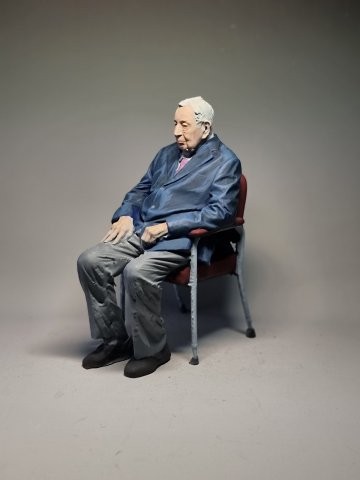
Sir Anthony Mason
Sir Anthony Mason is a former Chief Justice of the High Court of Australia and one of the most influential legal figures in the country’s history. Born in Sydney in 1925, he was educated at Sydney Grammar School and went on to study law at the University of Sydney. After serving as a Royal Australian Air Force pilot during World War II, he began his legal career and was admitted to the New South Wales Bar in 1951.
Mason quickly rose through the ranks of the legal profession, being appointed Solicitor-General for New South Wales in 1964 and then a judge of the Supreme Court of New South Wales in 1969. In 1972, he was appointed to the High Court of Australia. He served there for over two decades, including as Chief Justice from 1987 until his retirement in 1995.
Mason played a central role in transforming Australian constitutional and administrative law. Under his leadership, the High Court adopted a more progressive and expansive interpretation of the Constitution. He was instrumental in landmark decisions such as the Mabo case, which recognised native title and overturned the doctrine of terra nullius, and the ACTV case, which found an implied freedom of political communication in the Constitution.
Mason believed that the law could not be interpreted in isolation from its social and political context, and he promoted the view that judges have a legitimate role in shaping the law through principled reasoning. His approach was not without controversy, attracting criticism from those who viewed it as judicial activism.
Since his retirement, Mason has remained active in legal circles, serving on various academic and international legal bodies. His influence on Australian jurisprudence continues to be felt, especially in debates about constitutional interpretation and the role of the judiciary.